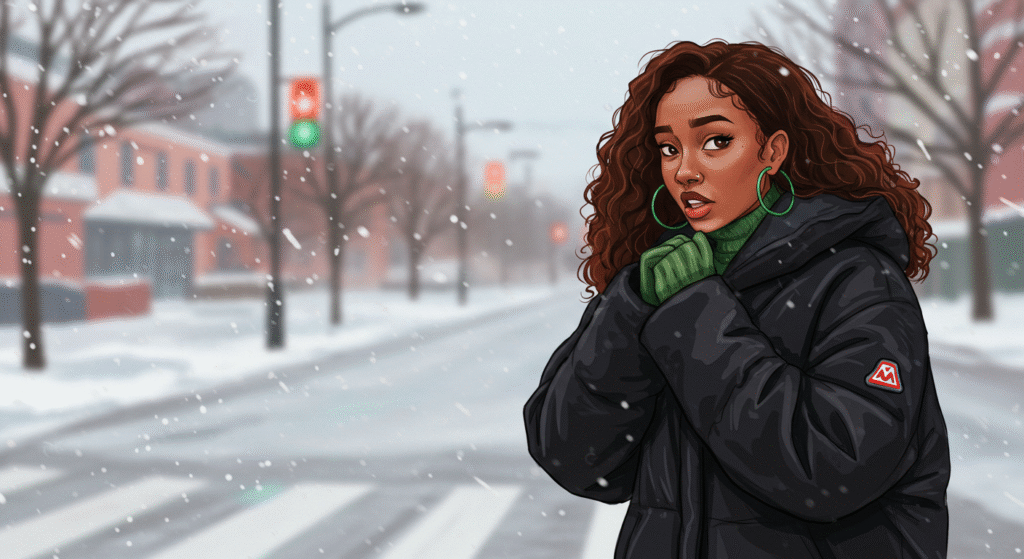Back home in Nigeria, I was the “English guru.” I watched all the right shows, read the thickest novels, and could switch between British and American accents like a pro. I even used to help my classmates fix their grammar. So, when I was getting ready to move to Canada, I wasn’t even thinking about English being a challenge. I was more worried about the cold.
But the minute I landed in Canada, my confidence took a hit. The immigration officer asked, “What brings you to Canada?” and suddenly, all the vocabulary in my head disappeared. I just stood there smiling like an extra in a Nollywood film.
The Culture Shock Was Real
It wasn’t that I didn’t understand English, it was that I didn’t understand their English. The words were familiar, but the way they used them? Whole different story. Someone asked me, “Do you want a bag?” at a grocery store, and I almost said, “No, I have one,” thinking they meant handbag. Turns out, they were talking about a plastic bag for my groceries. Omo, I just weak.
The accents were fast and soft, and they used so many idioms. I’d be in meetings or casual conversations, and phrases like “cut to the chase,” “pulling my leg,” or “hit the ground running” would just fly over my head. I was Googling slang mid-conversation and pretending to laugh when others laughed. Na so I take dey lost like JJC.
Politeness Olympics
Another surprise? How polite everyone was. Saying “sorry” here is like breathing. Someone bumps into you and still apologizes. I caught myself saying sorry when I was the one that got stepped on. The level of politeness is Olympic gold medal-worthy. I also noticed how direct, yet subtle Canadians can be. For example, if you mess something up at work, nobody yells. They just say, “That’s an interesting approach,” and smile. If dem tell you say you try, but no really try… na that kind coded way be that.
Learning Through Pop Culture
What helped me adjust was immersing myself in Canadian shows like “Kim’s Convenience,” “Working’ Moms,” and “Murdoch Mysteries.” Watching how they talked and interacted made everything click. Even local podcasts helped me understand their humour and timing better.One day, I actually cracked a Canadian joke at work and everyone laughed. That moment felt like a gold star, like I had finally arrived.
English Is More Than Grammar
So here’s what I learned: speaking fluent English back home doesn’t mean you’re ready for all versions of it. Canadian English is its own vibe. It’s about tone, pace, slang, and even body language. You don’t just sabi English, you have to live it.

If you’re moving abroad and think your grammar will save you, think again. The real fluency comes from listening, observing, and being okay with learning all over again.

